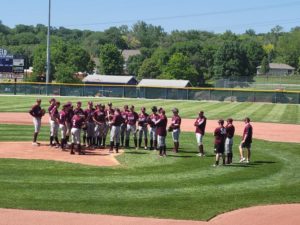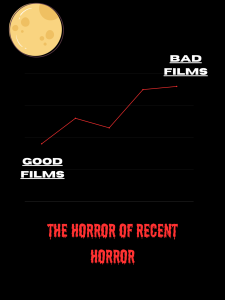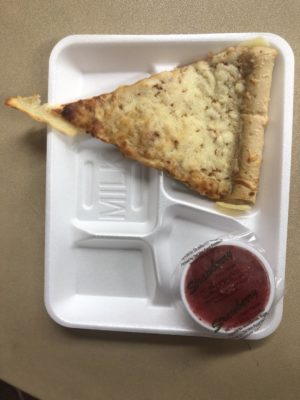Novice forensics students prepare for first competition
December 16, 2022
The time is 9:30 a.m. and the fluorescent lights of the Forensics room shine on the confident novices. Some stand in a line in front of mirrors performing for themselves, some stand in a circle performing for each other. Everyone’s heads buzz with their speeches as they project their voices for an invisible crowd.
This is a typical day in Forensics class. Senior Brianna Narick, who is a varsity forensics member, helps the novices.
“I help the novices prepare by making them feel that this is a space they belong in. “They can share their stories and arguments, and their voice will be heard and respected,” Narick said in an email.
Students in Forensics spend roughly three months writing and preparing speeches that they will later perform in front of a panel of judges at several competitions from November to March. At those tournaments, schools from all over the state come to compete against each other.
“We typically do two drafts before the start of the season,” head coach Becca Hier said. “And then from there, we revise throughout the year. So a final draft probably won’t be done until December because we spend a couple of months really working on it and making sure that it’s polished.”
At these competitions, there are multiple categories in which students can perform. Forensics has 9 competitive categories, each requiring different skills.
While students write their speeches, they start to memorize their speech in various ways. Varsity captain junior Andrew Hedin knows the importance of memorizing and has devised a system that works for him.
“I like to say it out loud and then I write it down in a notebook over and over,” Hedin said.
There are many ways that students go about memorizing their speeches. In an informal survey of most of the novice students, each student had their own favorite memorizing exercise. Their responses ranged from reading their speech over and over again to sleeping to a recording of their speech on loop.
Hier said that forensics is a class all about memorizing, gaining important life skills, and effective writing.
“You can walk into that intro class without any skill at all, and I will teach you the skills,” Hier said. “I don’t ever want a kid to think that you have to know how to write or you have to know how to act or you have to know how to speak.”
The novices were finally able to put all of their preparation to the test at Millard North on Nov. 4. One of the novices, junior Nathan Deters placed third in his category, Humorous Interpretation.
“Having the security of knowing that everyone around me was just about as anxious as I was really helped with giving my best speech,” Deters said.
Freshman Nitcha Khammahavong shows that you don’t need to place in a competition to have a good time.
“I was kind of full of confidence at first,” Khammahavong said, “Once I got up, it was kind of scary, but I got through it and it was actually pretty fun. I would do it again, obviously.”






